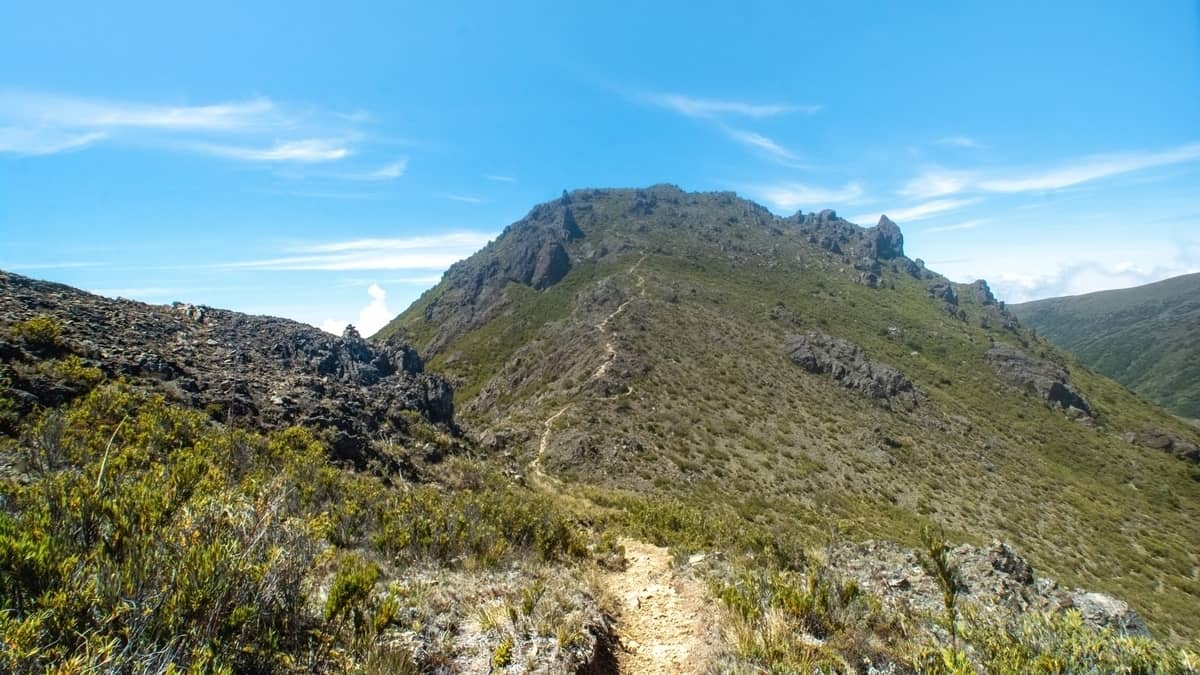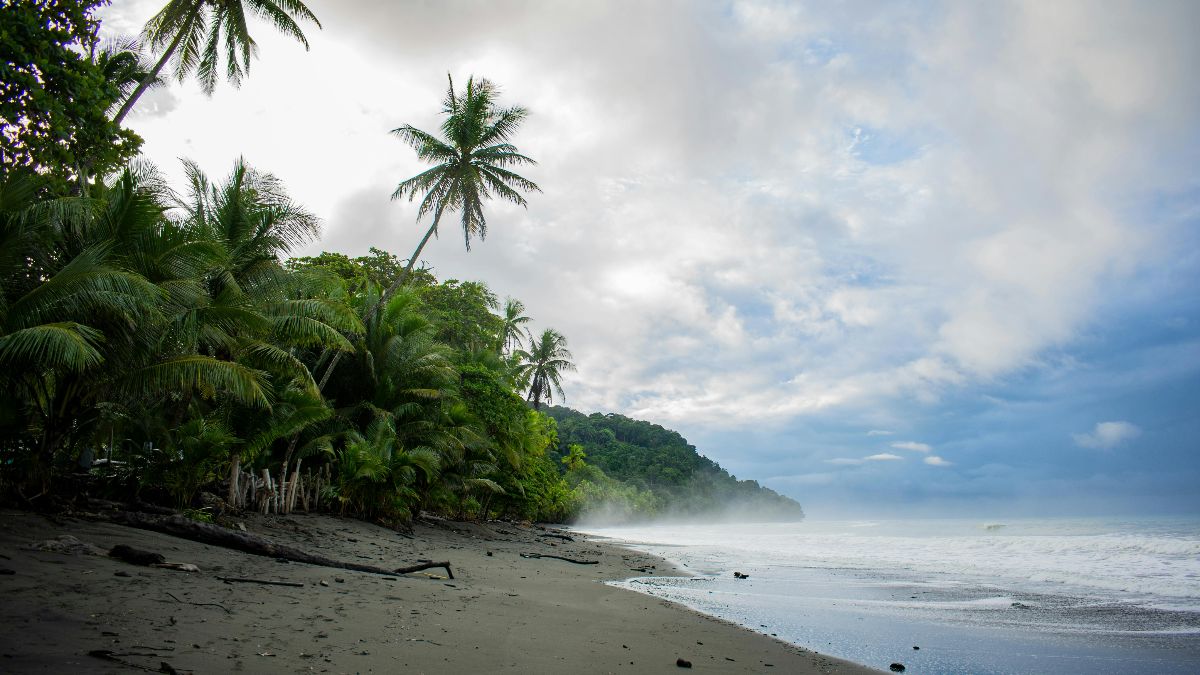A overview of the growing political opposition to the Costa Rica QR code plan set to get underway in January
This week, it seemed like a lot of the opposition to Costa Rica‘s upcoming vaccine mandate to only allow vaccinated people into non-essential establishments from January 8, got more professional.
A lot of politicians started weighing in with their support of the tourist industry, and it’s plea to postpone the mandate until after the high season.
Last week, we wrote about Libertarian politicians Otto Guevara and Eli Feinzag’s opposition to the plan, which they’ve held since the original October 13 announcement. Both see the mandate as unconstitutional and possibly illegal.
The Costa Rica QR code system set to kick in from January 8 is attracting pushback. We take a look at who is opposing the mandate and why. https://t.co/S7EDKGiKs8
— CentralAmericaLiving (@VidaAmerica) October 31, 2021
But this week, it’s fair to say we saw a wave of political opposition form to the QR code plan.
On Thursday, a group of 27 diputados, led by PUSC members with support from the PLN, Restauración, and others signed a letter asking for postponement of the mandate to May 1.
It’s worth noting here is that in Costa Rica, the legislature comprises 59 seats, meaning it takes 29 votes to make a majority. To have 27 diputados, two off a majority, against the mandate is something remarkable.
26 diputados piden posponer exigencia de código QR para mayo del 2022 https://t.co/gghifbr0vM pic.twitter.com/0y1T0UV2j9
— La Nación (@nacion) November 4, 2021
Then three presidential candidates weighed in.
José María Figueres, Rolando Araya, and Fabricio Alvarado all announced their opposition to the mandates on economic grounds.
PLN candidate Figueres, who was president from 1994-1998, and is currently leading in the polls for the 2022 election, said that the QR code mandate would be a restriction to economic activity in Costa Rica, “directly affecting tourism and thousands of jobs.”
Costa Rica Justa candidate Rolando Araya called for a balanced policy to address the cancellations that would take place over the course of the upcoming tourist high season.
For his part, Nueva República candidate Fabricio Alvarado called the plan “nothing more than another blow to the sector most damaged by the pandemic.”
Elsewhere, other candidates for the legislature weighed in on the mandates, like influential commentator Juan Carlos Hidalgo, who’s hoping to become a PUSC diputado for San Jose province next year.
In one of a series of tweets denouncing the measures over the past few days, he said the QR code was a draconian measure, unjustified given Costa Rica’s high vaccination rate, that would cost tourism dearly.
Una medida draconiana que no se justifica ante la alta tasa de vacunación y q le costará carísimo al turismo.
“With its vaccination pass applying to most everyday places across the country, Costa Rica’s rules will be among the tightest in the Americas.”https://t.co/H2udGLTGSg
— Juan Carlos Hidalgo (@jchidalgo) November 5, 2021
James Dyde is the editor of centralamerica.com. He lives in Escazu, Costa Rica.




